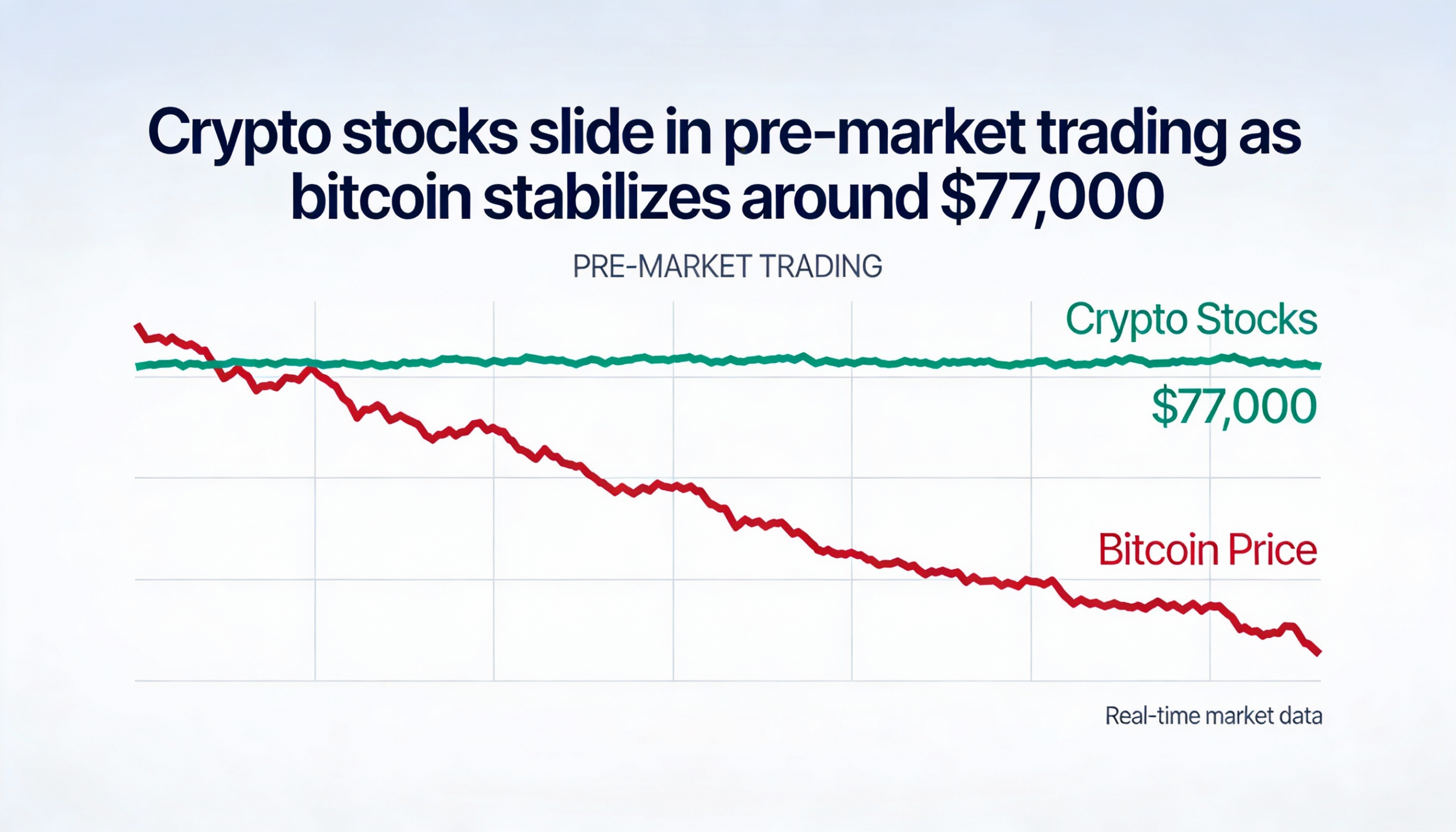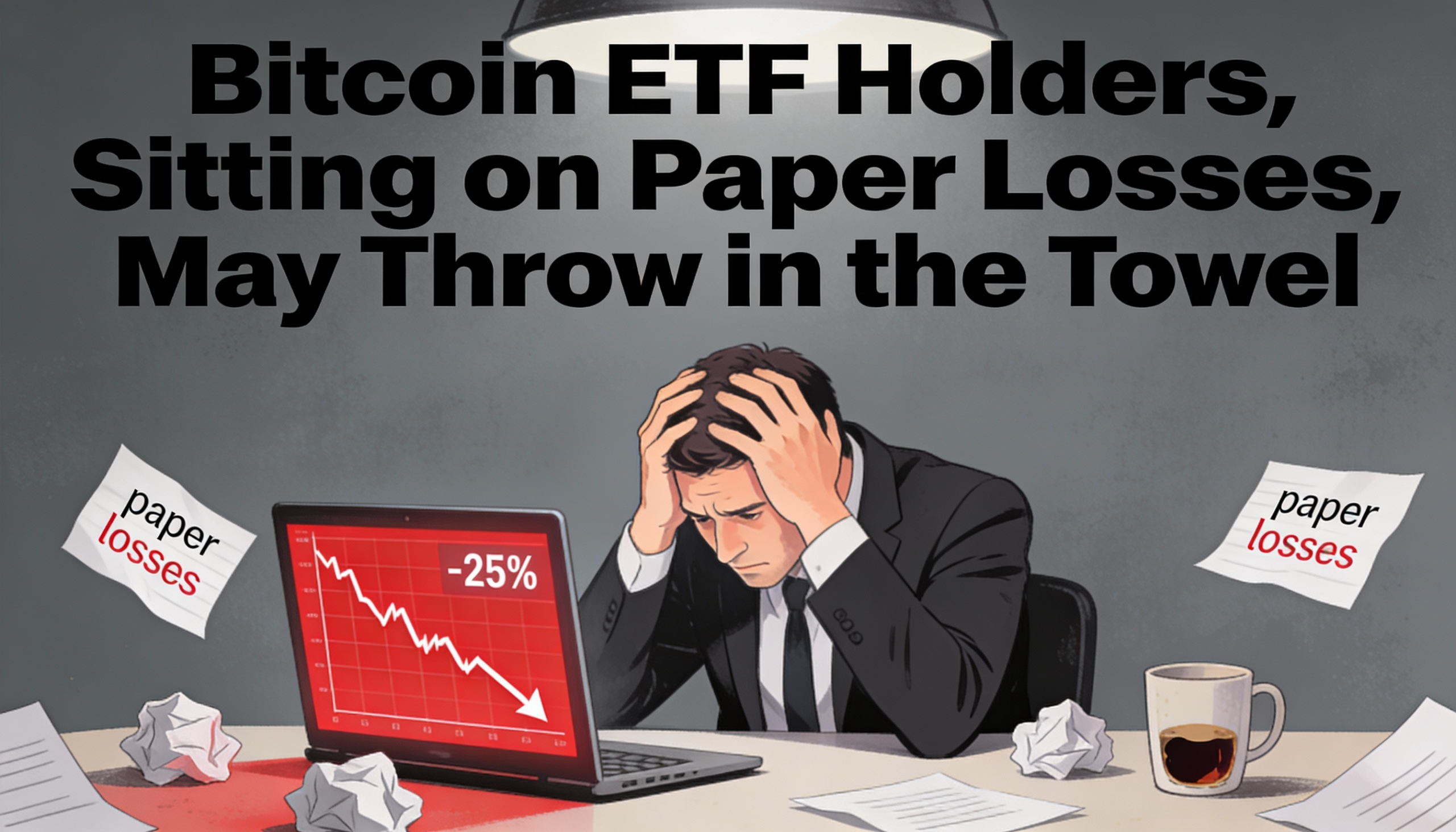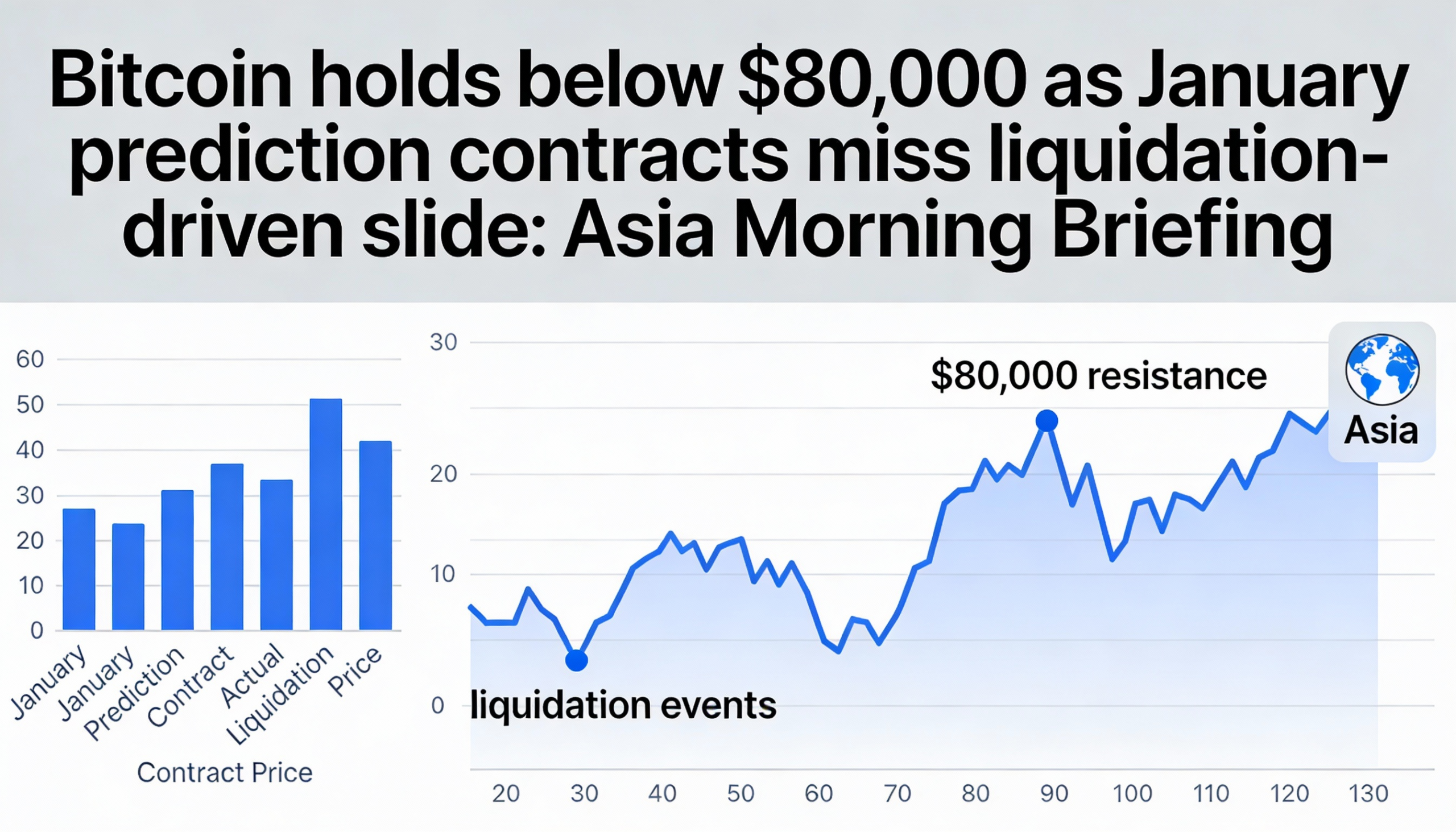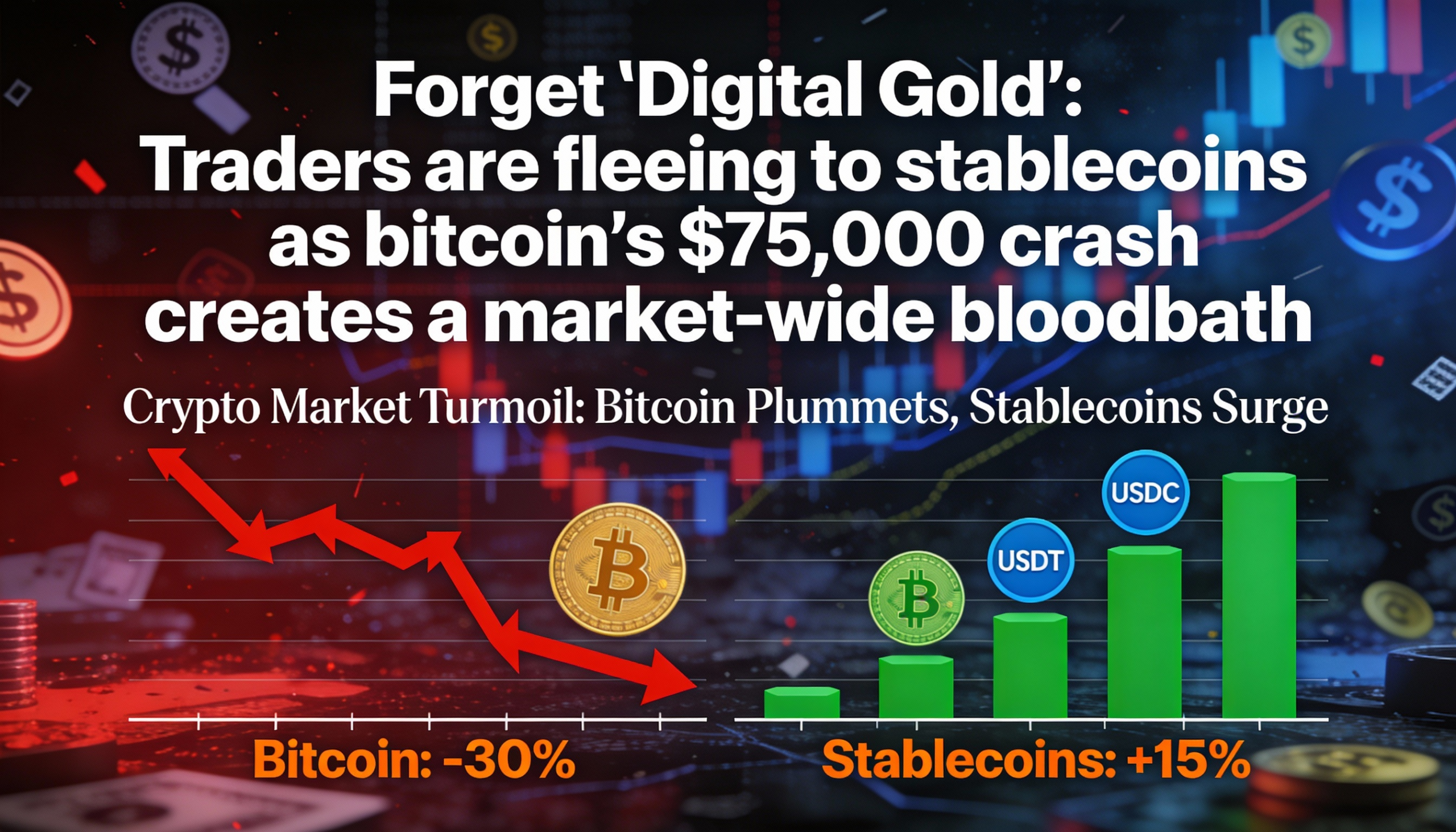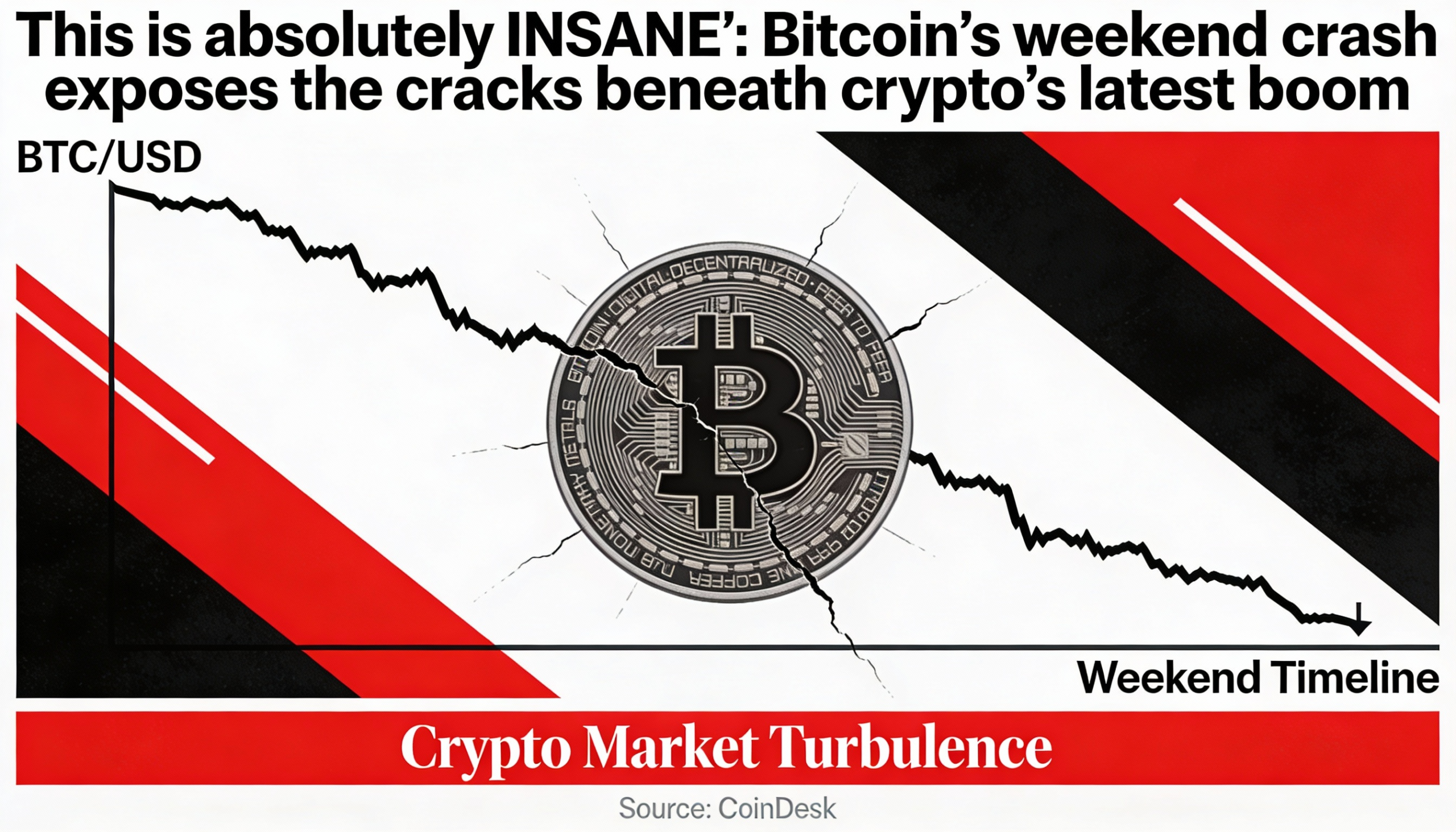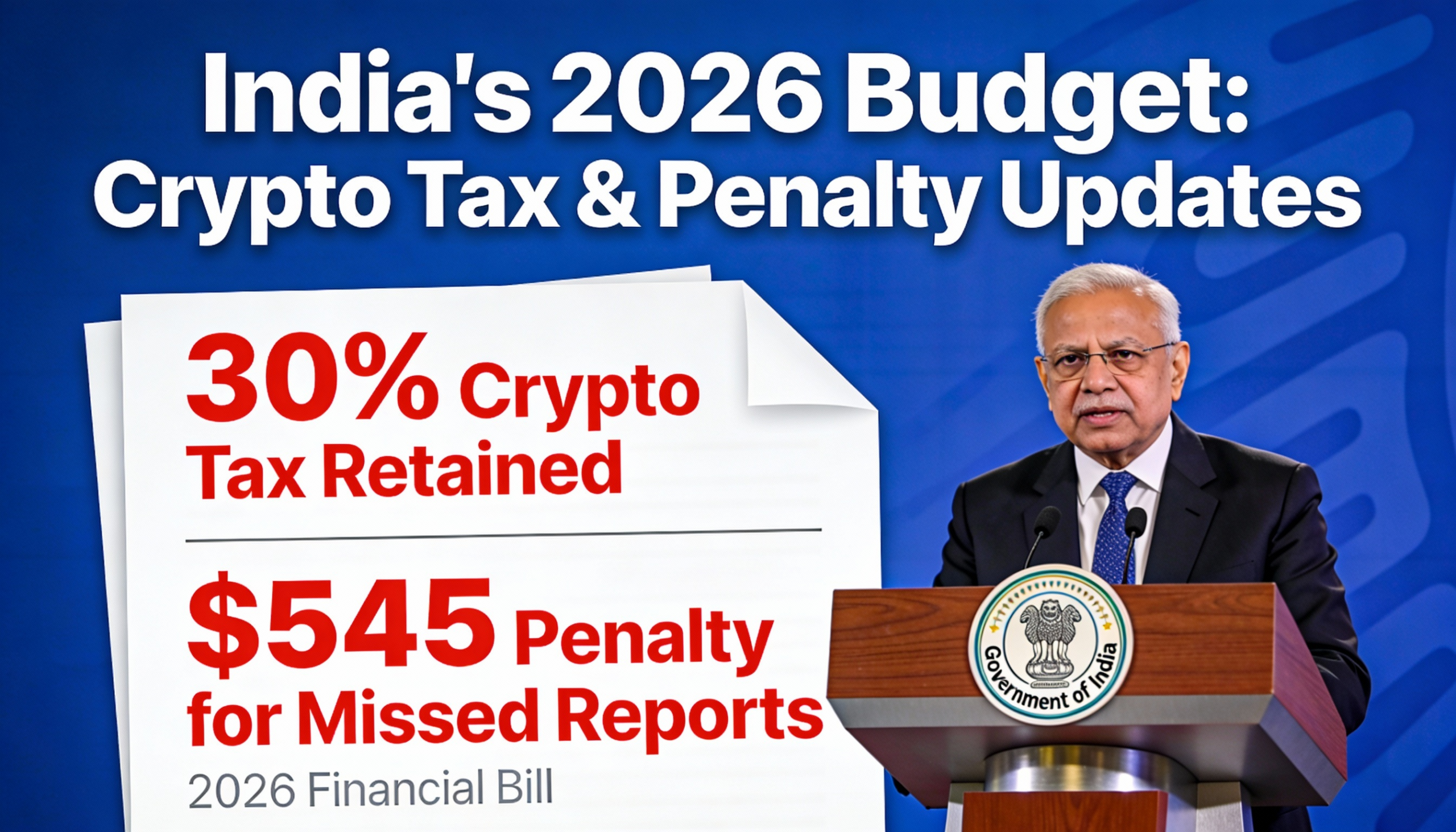
Hyla Fund Management Launches Crypto Fund Focused on Latin America, Aims to Become “Goldman Sachs for Digital Assets”
Hyla Fund Management, with $115 million in assets under management, is launching a new crypto fund dedicated to Latin America, positioning itself as the “Goldman Sachs of digital assets” in the region. Paola Origel, the CEO and co-founder, sees significant business potential in the region, which has long been underserved by institutional crypto funds.
“Many big names like Sequoia and a16z have tried to capture the Latin American market, but it’s fragmented and challenging to navigate due to cultural differences,” said Origel in a recent interview with CoinDesk. “You need a local presence—boots on the ground—who truly understand the market and can communicate these opportunities to the right founders.”
Origel, who is originally from Mexico, highlighted that Latin America has a limited venture capital ecosystem, especially when it comes to crypto investments. “There are very few venture capital funds in Latin America—almost none,” she said. She spent significant time researching and scouting top fund managers across the region, eventually selecting three high-performing fund managers based in Mexico City to launch the new initiative.
Origel brings 17 years of experience in finance to the venture, including a recent recognition among the top 50 women leaders in investment management. She emphasized that the Latin American crypto landscape today resembles what the global market looked like in 2017. “Back then, there was little understanding of blockchain or crypto in the financial world,” she recalled. “We were one of the first institutional funds to get a bank account with Wells Fargo, simply because they didn’t understand crypto.”
The Education Barrier for Investors
One of the biggest obstacles Hyla faces in Latin America is educating investors on cryptocurrencies. “Traditional investors in the region are used to investing in tangible assets like gold or real estate,” Origel said. “Crypto is a challenge for them because it’s intangible, but we are working to change that mindset. We need to prove that these technologies have real value.”
Hyla’s Approach: The Fund of Funds Model
Hyla Fund Management operates as a crypto “fund of funds,” which acts as a bridge between traditional investors and the rapidly evolving crypto market. Origel noted that many institutional investors don’t have the time, resources, or specialized knowledge to evaluate and invest in crypto hedge funds directly. Hyla provides this expertise by offering access to top-performing crypto funds across a variety of strategies.
“The value of a fund of funds is access,” Origel explained. “We’re jurisdiction-agnostic and have relationships with fund managers globally. Each manager has a unique strategy, such as funds focused on developing layer-2 solutions for Bitcoin.”
Unlike many crypto funds, Hyla stays closely connected to the fund managers as well as the startups they support, offering a unique insight into the broader crypto ecosystem. Origel believes this position gives Hyla a distinct edge over others in the market.
“Funds of funds are a common structure in traditional finance, but in the crypto space, they’re even more critical due to the fragmentation and complexity of the market,” she said.
Hyla’s ultimate goal is to establish itself as the go-to institution for digital assets, much like Goldman Sachs is in traditional finance. The firm currently offers various strategies, including a liquid venture fund, as well as market-neutral yield strategies for Bitcoin (BTC) and Ether (ETH). The new Latin America fund, which will launch in January 2025, will add an additional $30 million to Hyla’s assets under management.
Why Latin America?
Origel believes that crypto has the potential to transform Latin American economies, helping the region “move beyond frontier market status.” She sees crypto as a solution to many economic challenges, particularly in areas like remittances, where high fees and poor banking infrastructure have historically made international money transfers expensive and difficult.
“Mobile payment systems also have room to improve in Latin America, especially given the large unbanked population,” Origel said. “Crypto could help address these issues and provide greater financial inclusion.”
The changing global supply chain and the rise of entrepreneurial talent in countries like Brazil, Colombia, and Argentina provide additional opportunities for growth. Yet, Origel is aware that the market is still in its infancy, which impacts the way Hyla approaches investments. “You can’t be too selective at this stage because the market is still small,” she said. “You have to be open to exploring a variety of sectors, as the deal flow isn’t large enough to focus narrowly on one area.”
While she’s particularly interested in Brazil’s technological advances in crypto, and Mexico due to her personal experience, Origel also sees potential in countries like Argentina and El Salvador. However, she stressed that the quality of a project and the caliber of its team are the most important factors, regardless of geography.
“We want to find the next big unicorns—companies that will have a significant impact not just regionally, but globally,” Origel concluded.

